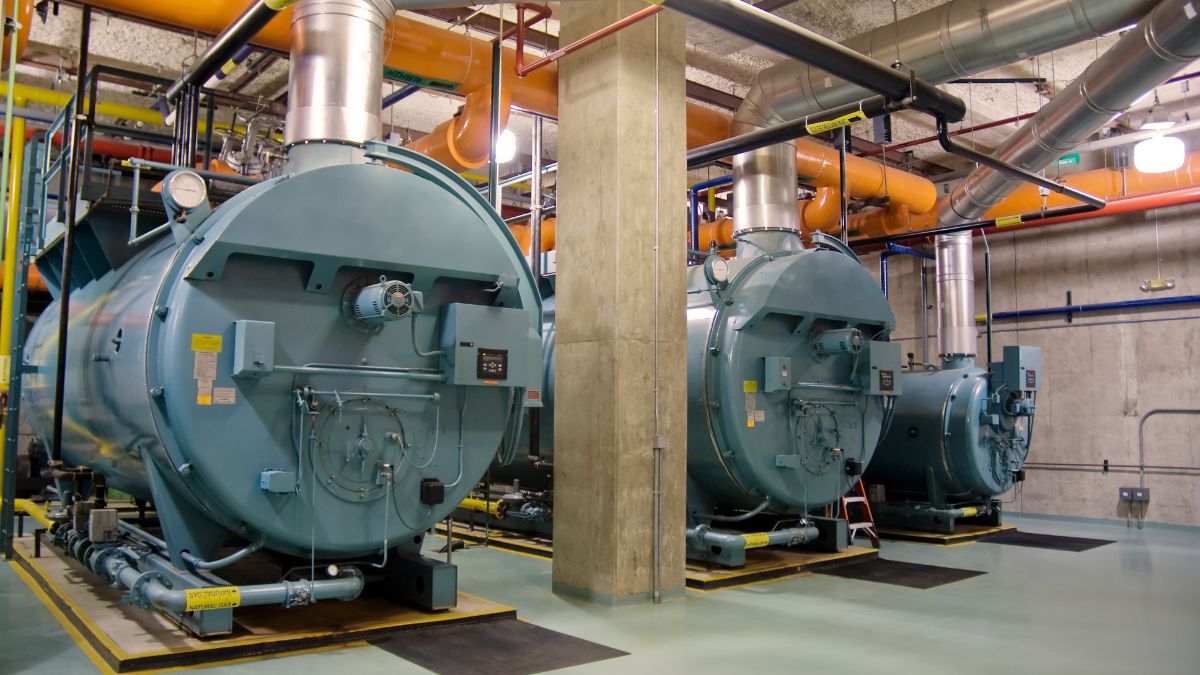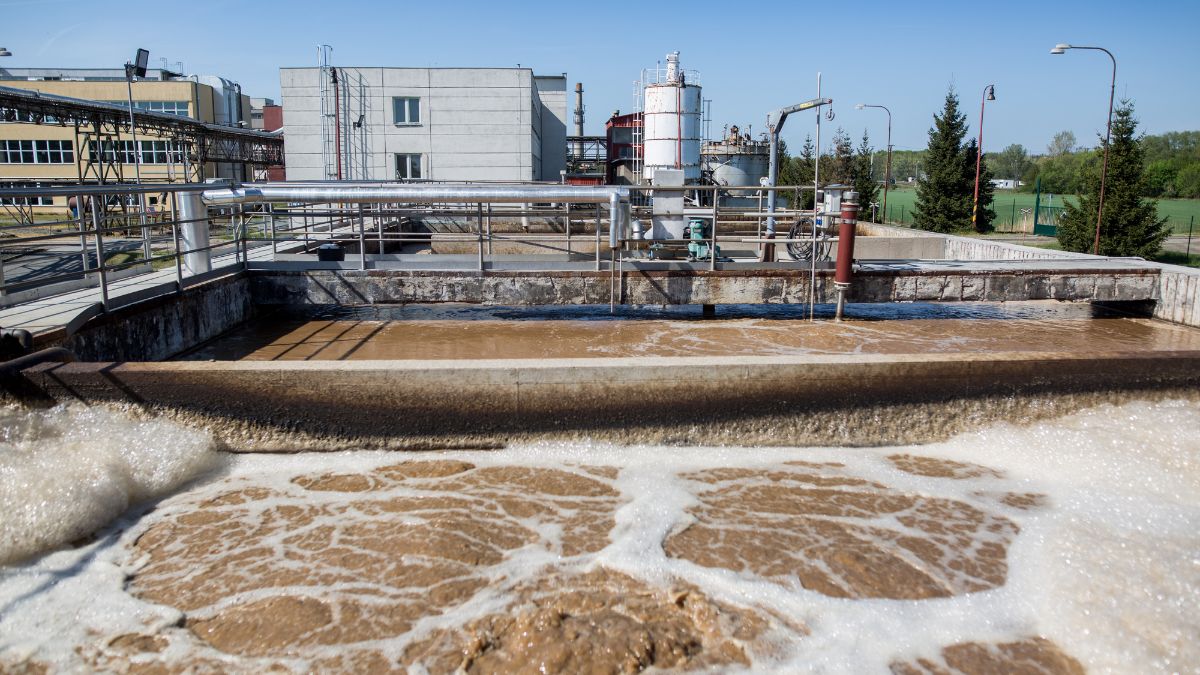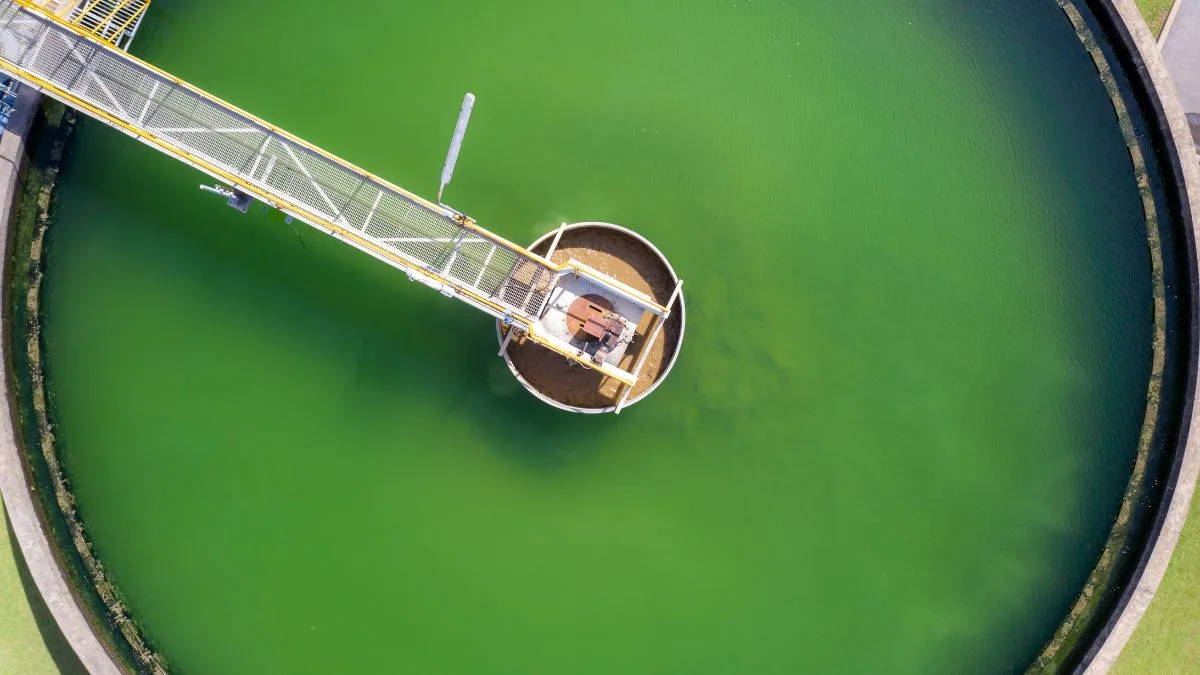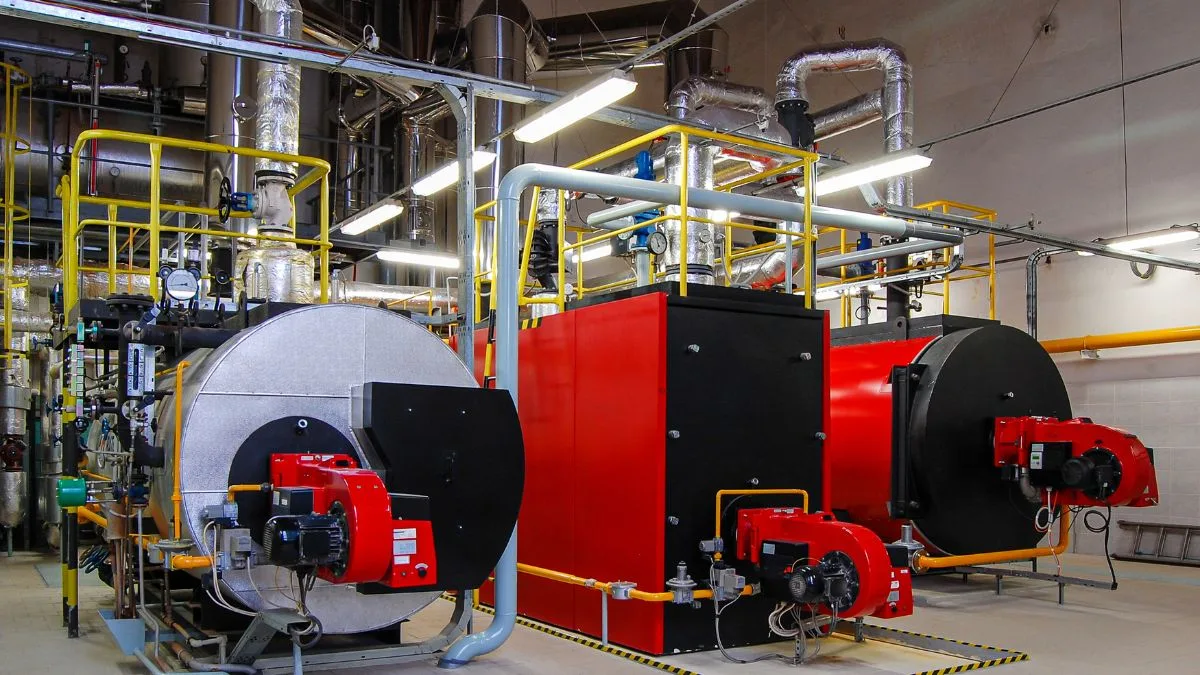Boilers are the heart of heating systems in industries ranging from manufacturing to power generation to food processing. However, over time, many companies face the challenge of decreasing boiler heating efficiency. Reduced efficiency means increased fuel consumption, increased operating costs, and higher exhaust emissions. This is certainly a serious concern for industries that want to optimize production costs while maintaining environmental sustainability.
What are the main causes of decreased boiler heating efficiency? And how to overcome it? This article will discuss the factors that cause boiler inefficiency and solutions that can be applied to restore its performance to optimal levels.
Causes of Boiler Efficiency Decline
Boilers that are not operating at optimal efficiency can be a source of significant energy waste and costs in industry. Even though they appear to be working well, there are various factors that can cause boiler efficiency to gradually decline.
Some of these are related to water quality, equipment condition, and how the system is operated. Understanding these causes is the first step to identifying the right solutions and ensuring that the boiler continues to function optimally.
1. Boiler Scale and Deposits
One of the main causes of decreased boiler efficiency is the formation of scale and deposits in the system. Water used in the heating process often contains minerals such as calcium and magnesium that can settle on the boiler heating surfaces. This scale accumulation inhibits heat transfer, so more energy is required to heat the water to the desired temperature.
Read Also: Scaling and Corrosion in Boilers: A Hidden Threat to Face
2. Poor Feed Water Quality
Poorly treated boiler feed water can carry contaminants such as iron, silica, and dissolved gases (O2 and CO2). These contaminants can cause corrosion and scale formation in the boiler, which ultimately reduces heating efficiency and shortens the operational life of the boiler.
3. Incomplete Combustion
Incomplete combustion often results in significant energy losses. Factors such as an unbalanced air-fuel ratio, a poorly calibrated burner, or varying fuel conditions can reduce combustion efficiency, resulting in more energy wasted.
4. Heat Loss Due to Poor Insulation
Boilers that are not well insulated will experience significant heat loss. If the heat generated is not stored efficiently, the boiler must work harder to maintain operating temperature, which means increased fuel consumption.
5. Excessive Blowdown
Excessive blowdown to remove contaminants from the boiler can also reduce efficiency. Each time a blowdown is performed, a large amount of hot water is removed from the system, which means more energy is needed to heat the replacement water.
Read Also: How to Reduce Boiler Blowdown for Operational Efficiency?
6. Use of Outdated Equipment
Boilers that have been in operation for a long time and have not received optimal maintenance will experience a natural decrease in efficiency. Outdated or unrestored equipment tends to be more energy-intensive and less efficient in the heating process.
Solutions to Restore Boiler Efficiency
After understanding the factors that cause boiler efficiency to decrease, the next step is to find the right solution to restore its performance. Here are some strategies that can be applied:
1. Optimal Water Treatment with the Right Chemicals
Effective water treatment is essential to prevent scale formation and corrosion in the boiler. Lautan Air Indonesia provides a variety of chemical solutions for water treatment, including:
- Coagulants & Flocculants: Helps remove suspended particles in feed water.
- Disinfectants & Deoxygenators: Reduces dissolved oxygen content that can cause corrosion.
- Scale Inhibitor: Prevents scale formation in the boiler to maintain heating efficiency.
2. Implementation of Water Quality Monitoring System
Lautan Air Indonesia offers a real-time water quality monitoring solution that allows early detection of changes in boiler feed water parameters, so that preventive actions can be taken before the boiler experiences problems.
3. Combustion Process Optimization
Combustion efficiency can be improved by:
- Periodic burner calibration to ensure optimal air-fuel ratio.
- Using better quality fuel or additives to improve combustion efficiency.
- Installing exhaust gas sensors to control emissions and detect inefficiencies in the system.
4. Improved Boiler Insulation
Investing in better insulation will significantly reduce heat loss. Optimal insulation will help maintain stable temperatures and reduce energy consumption.
5. Efficient Blowdown Management
Blowdown carried out with the right strategy can reduce energy loss. An automatic blowdown system controlled based on water quality parameters can help maintain a balance between contaminant removal and operational efficiency.
6. Boiler Maintenance and Modernization
Lautan Air Indonesia offers operation & maintenance (O&M) services to ensure that your boiler is always operating at optimal efficiency. These services include:
- Periodic boiler inspection and cleaning
- Evaluation of system performance
- Recommendations for equipment repair and modernization
Conclusion
Decreased boiler efficiency is a common problem in various industries, but can be overcome with the right strategy. From optimal water treatment to regular maintenance and combustion optimization, every small step can make a big impact in restoring boiler heating efficiency.
Lautan Air Indonesia is ready to assist you in optimizing your boiler system through various water treatment solutions, water quality monitoring, to operation and maintenance services. Contact us today to get the best consultation and solution for your industrial needs!

